Author: Catherine Marshall
-
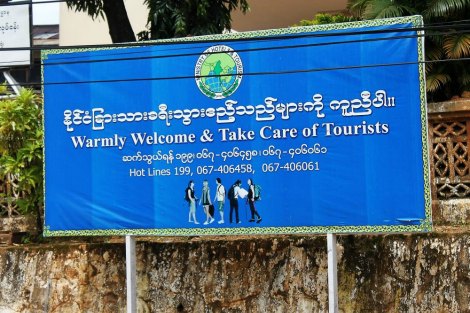
AUSTRALIA
- Catherine Marshall
- 10 April 2015
1 Comment
Myanmar is metamorphosing like a vast time-lapse image, sloughing off its old skin and replacing it with a glittering new facade. But decades of military rule cannot be dismissed so easily, and there is much for the traveller to consider. In the first place, is it ethical to visit at all? Travellers have long taken their cue from Myanmar's beloved democracy advocate and Nobel Peace Prize winner Aung San Suu Kyi.
READ MORE 
-
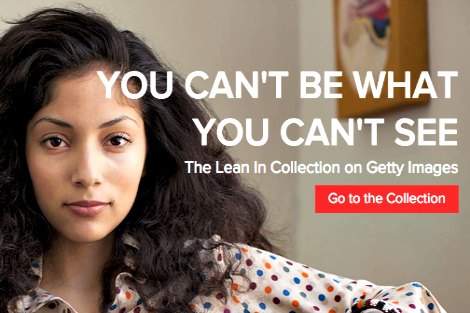
AUSTRALIA
- Catherine Marshall
- 06 March 2015
7 Comments
Studies confirm that sexualised images of slim young women used in advertising and popular culture lead to body dissatisfaction, psychological impairment and eating disorders. A new initiative from the non-profit LeanIn.org is fighting this entrenched culture through a partnership with Getty Images. It has created a photo library depicting females in many sizes, cultures and styles of appearance, but all strong and determined and in-charge.
READ MORE 
-

AUSTRALIA
- Catherine Marshall
- 06 February 2015
18 Comments
The rewards of parenthood are immeasurable. But the price that women pay when they become mothers is unjust. This includes lost opportunities, gender wage gaps, and sparse superannuation savings. They really need an efficient and fair maternity leave scheme to support them as they transition from worker to working mother. Tony Abbott's 'signature' policy is now gone, and the 'replacement' families package has a big gap to fill.
READ MORE 
-

AUSTRALIA
- Catherine Marshall
- 12 December 2014
10 Comments
On Christmas Eve I will deliver, for the twelfth year in a row, an iced, naively decorated fruitcake to my oldest and dearest Australian friend, Enid. I will pull up into the driveway of her brick home. She will open the front door before I have even knocked, and before she’s even kissed me hello will tell me how beautiful the cake is and how she couldn’t possibly cut into it.
READ MORE 
-
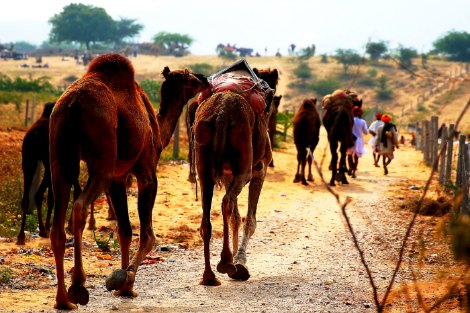
AUSTRALIA
- Catherine Marshall
- 14 November 2014
2 Comments
I looked at the Brahmin and felt a cackle rising in my throat. 'You said this blessing was free,' I said. 'The blessing is free, but you must pay for the maintenance of this place,' he insisted, sweeping his arm up towards the ghats and the temples surrounding it. I wondered briefly what the consequence would be of defying the Brahmin's demand.
READ MORE 
-
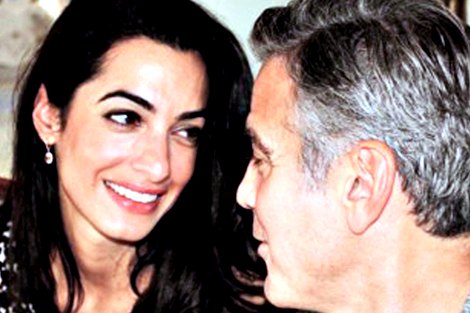
CONTRIBUTORS
- Catherine Marshall
- 17 October 2014
27 Comments
It came as a surprise, in our apparently post–feminist world, to hear that human rights lawyer Amal Alamuddin had adopted her husband George Clooney’s surname upon marriage. By deleting her own birth name, Amal Clooney is buying into the Western tradition of coverture, established with the express intention of legally constituting women as possessions of their husbands.
READ MORE 
-
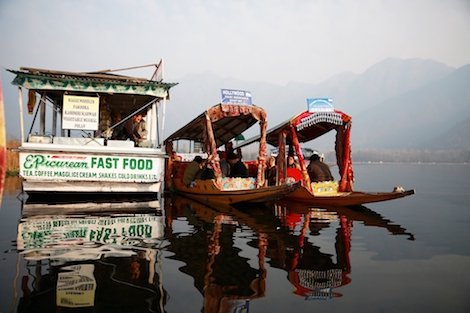
INTERNATIONAL
- Catherine Marshall
- 19 September 2014
2 Comments
Peace has come to Kashmir, but it’s a tentative, fragile peace. My guide Younis swiftly apprises me of the virtues of his homeland: ‘Pakistan wants Kashmir, China wants Kashmir, India wants Kashmir. It is a very beautiful place and here we have [so much]: electricity grids, land, fruits.’ He pauses, then says, ‘But nobody likes Kashmiris.’
READ MORE 
-
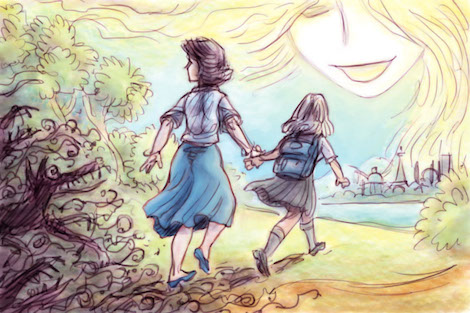
ARTS AND CULTURE
- Catherine Marshall
- 22 August 2014
8 Comments
My daughter's depression is a dark and inhospitable valley in which she has lost her way, but it is also a mirror held up before me, forcing me to acknowledge the deep troughs into which I myself have fallen, and to recognise the needlessness of having clawed myself out of them alone.
READ MORE 
-

MEDIA
- Catherine Marshall
- 25 July 2014
8 Comments
There's something satisfying about subverting society's idea of what constitutes beautiful: female-led campaigns that flood the media with images of representative faces and bodies reinforce the absurdity of current 'beauty' standards. But this isn't really liberating. No longer is it only the physically exquisite who can pose naked; the plain and the imperfect must be welcomed, too, into the sacred circle of female objectification.
READ MORE 
-
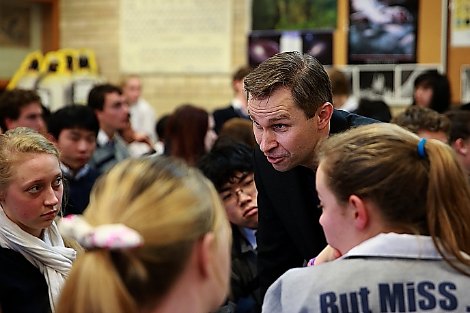
EDUCATION
- Catherine Marshall
- 27 June 2014
13 Comments
Amidst a whirl of media interviews and meetings, David Sinclair, professor of genetics at Harvard University and one of Time magazine's 100 most influential people in the world for 2014, paid a visit to his alma mater: a state school in suburban Sydney. State schools aren't the repositories of children too impoverished or unintelligent for the alternative; they're the living manifestation of democracy, egalitarianism, multiculturalism and ecumenism.
READ MORE 
-

INTERNATIONAL
- Catherine Marshall
- 30 May 2014
4 Comments
It had been a long journey for the family gathered in the Cambodian office of Jesuit Refugee Service, but their search for a safe environment amidst people who would treat them kindly was not yet over. Genuine refugees set their compass for Australia expecting to find the democratic, resourceful and accountable country of which they have heard. The Coalition's reprehensible 'Cambodia solution' shows just how wrong they are.
READ MORE 
-

INTERNATIONAL
- Catherine Marshall
- 12 May 2014
7 Comments
It would be foolish to believe that female liberation can occur in a vacuum: as long as there are girls and women being brutalised in the DRC, schoolgirls being sold into slavery in Nigeria's border regions, girls around the world are being subjected to female genital mutilation and women being supressed by religious ideology, then the acquisition of our own freedoms — flawed as they are — is a hollow victory indeed.
READ MORE 